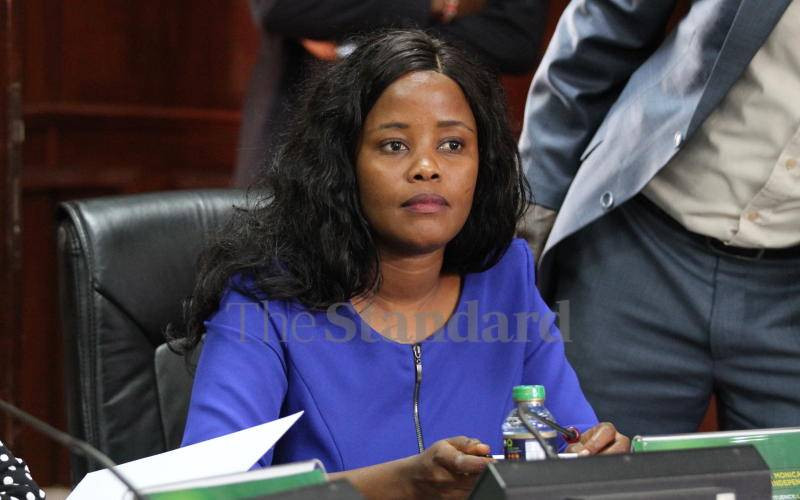
There, at times, comes a time when silence on the part of the supposedly responsible people in the midst of crisis is tantamount to betrayal. That silence, probably a product of 'fear' or heho in the veins of leaders, leads to desperation and despair because those that the public looks up to lack courage and vision; they instead emit hopelessness.
That sense of hopelessness lasts until there emerges a person, not out of the existing crop of those waiting to be anointed as 'leaders', but out of a person who thrusts him/herself into the midst of the crisis and seemingly captures the feelings of the desperate.